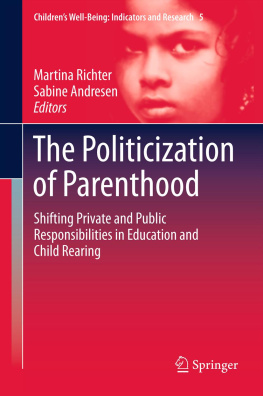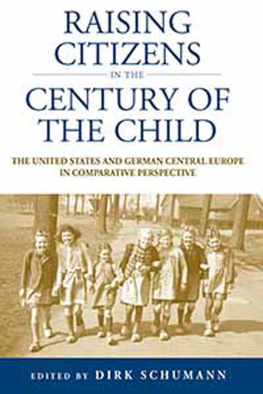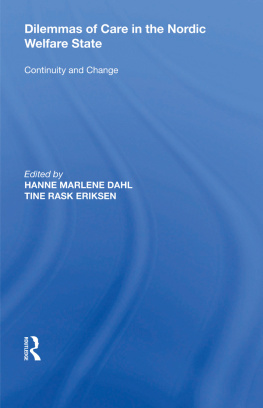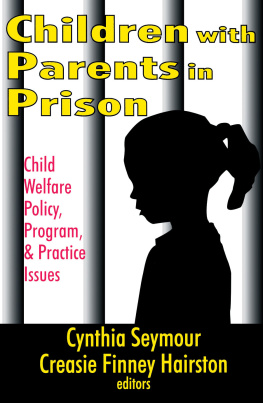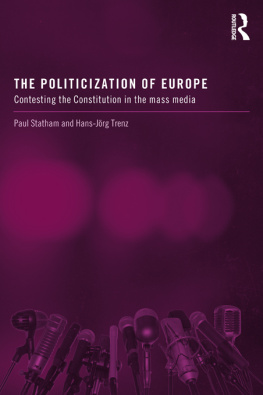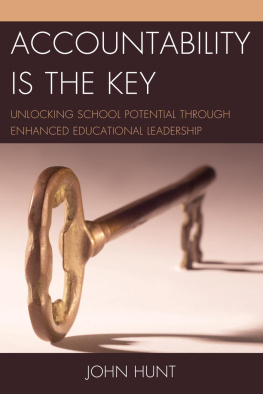Martina Richter and Sabine Andresen (eds.) Childrens Well-Being: Indicators and Research The Politicization of Parenthood 2012 Shifting private and public responsibilities in education and child rearing 10.1007/978-94-007-2972-8_1 Springer Science+Business Media B.V. 2012
Parenthood has become a focus of political attention throughout our modern welfare-state societies. As economic resources become more limited, attention is shifting toward how families may contribute to the development of society as a whole and the duties they have to fulfill when rearing their children. Frequently, particular doubt is cast upon the parental competencies of families of low socioeconomic status, with the greatest concern addressing the behavior of single parent mothers or unemployed fathers. However, policymakers and the media always focus on individual behavior, thereby masking the social and, above all, the economic framing conditions of parental failure and lack of well-being.
Nonetheless, the situation of families and the well-being of children and adolescents also depend decisively on how the educational and social institutions respond to inequalities and whether they are capable of improving the life situation of those who are less privileged. Hence, what is decisive is the relation between public and familial responsibility for well-being along with the socially determined fit between both family lifestyles and child-rearing styles and institutional expectations. This brings us to the topics addressed in the present book The Politicization of Parenthood: Shifting Private and Public Responsibilities in Education and Child Rearing .
The book brings together contributions from different countries and different disciplines. It is based on an international conference held at Bielefeld University on Mapping Families: Practices and Concepts of Children, Parents, and Professionals in All-Day Schools. This conference was financed by the German Federal Ministry of Education and Research, not only because the introduction of all-day schools in Germany has transformed the relation between families and a nationally reorganized education system, but also because policymakers are also interested in international comparisonsparticularly since PISA.
The editors of this book have carried out their own comprehensive qualitative empirical study on families as actors in Germanys all-day schools. Their findings point to several central problems in the processes this involves. One particular question guided the project: How do different concepts and fields of responsibility contribute to a rearrangement and reassessment of families?
After 15-year-olds in Germany had performed so poorly in the PISA comparisons, German policymakers turned away from the traditional morning-only organization of schooling and started promoting an all-day school system with a federal program known as the Initiative Zukunft Bildung und Betreuung [Future initiative for education and care]. This is pursuing two political goals, although providing no guarantees for their successful implementation:
Easing the worklife balance, that is, allowing women to take up employment.
Creating equal opportunities for children from families with a low socioeconomic status and poor qualifications. This group contains many families with a migration background.
Because Germanys federal system requires each single federal state to decide on the content, structure, and curriculum of its own all-day school model with the national government having no say in this, the school landscape now shows a great variety of structures 10 years after the initiation of the program. Nonetheless, two features are almost universal:
In almost every state, parents (and children) can choose to use an all-day provision at their childs school or to keep their child at home in the afternoon. In other words, all-day schooling is voluntary. This leads to a separation between obligatory morning lessons for all children and extracurricular education and care provisions in the afternoon, thus making a regular all-day school impossible.
There is little coordination between the professional groups involvedteachers, childcare workers, social workers, and volunteers. In Germany, teachers belong to the education system, whereas childcare workers and social workers belong to the social welfare system. Both systems follow their own principles, and this impedes any collaboration in organizing this type of school in a way that grants recognition to all groups involved. The outcome for parents is that they cannot be sure about who is responsible for what.
With respect to the German case, we have two leading questions: How is this organized in other countries? How is the relation between voluntary offers and obligatory institutional settings?
One central determinant of the relation between the family and educational institutions, as between the family and the labor market, is gender relations and the accompanying gender-specific divisions of labor and responsibility. This is also one of the topics in the latest book by the French philosopher Elisabeth Badinter, Le Conflit, la femme et la mre [Conflict: The Woman and the Mother] (). In Le Conflit , Badinter makes us more aware of the moral dictate of the image of the perfect mother. She analyzes how the naturalistic offensive in recent years has once again contributed to placing endless demands on mothers and, to remain in Badinters framework, to subordinating the needs of the woman to those of the mother. We can see a mlange of attachment theory, new ecology, or old natural law and conservative feminism, strengthened by the economic crisis that particularly throws poorly qualified women out of the labor marketall joining together to promote the picture of the self-sacrificing mother.
Can we agree with this diagnosis? Whatever the case, the continuous expansion of all-day schools in Germany, for example, just like the gradual growth in the number of crche places, is helping women with toddlers and elementary school children to be not just mothers but to pursue other careers as well. However, a key question in any cultural analysis is: What are the real decision-making and action options that result from this? How far are the individual mothers and fathersand also childrenable to make their own choices for their own good reasons?
Examining families always means examining them in their national contexts; their framing conditions in terms of social, familial, and labor market policy; and the freedoms granted to individual family members. This is a field for international and interdisciplinary research. If we want to map families, their internal dynamics, and their external networks in, for example, the childcare and education system or the nursing care system, in the neighborhood and community, on the labor market, or in the system of political parties and associations, we have to analyze the perspectives of the actors, their concepts and practices, their aspirations, but also their feelings of guilt. Badinters reconstruction shows us clearly how we possess at least formally granted freedoms, but that family life is a negotiation process that has to consider competing interests and seek ways of maintaining some kind of balance. Whose interests carry more weight and have more chances of being asserted, and when and why this is the case depend strongly on the dominant relation between the genders, and this is always constrained by social conditions. However, both the generational balance of power between children and adults as well as the power divide between families and educational institutions play a major role in this. Gender, social origins, and power are accordingly coordinates of an international cartography of families. This casts light on those interfaces that are particularly relevant for children as they grow up: interfaces between families and institutions, between ideas on good childcare and good child raising among adult actors, but also interfaces between families and public institutions and decisive market interests. Both the market and politics focus particularly strongly on families, and it is not chance alone that makes them the topic of so many modernization-oriented and critical narratives of cultural decline.

